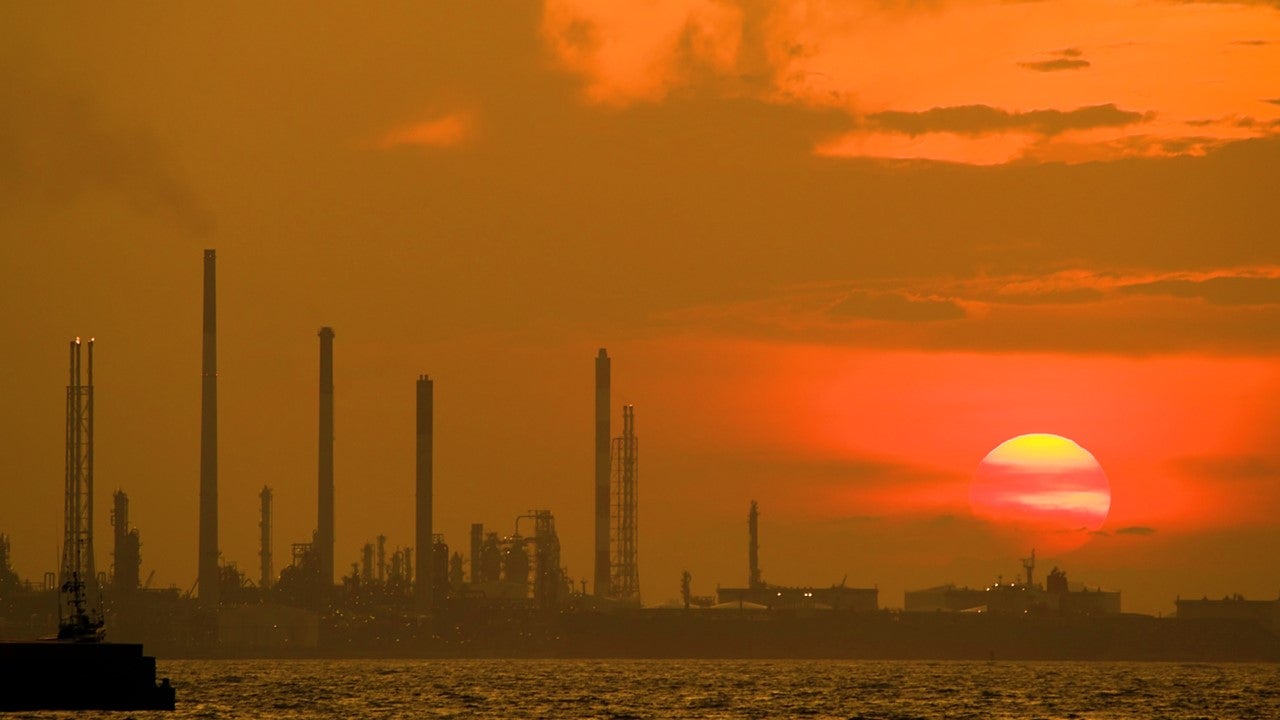Events
(De)Carbonizing Asia: Histories and Futures of Energy, Space, and Infrastructure
| Date | : | 21 Nov 2024 - 22 Nov 2024 |
| Venue | : | Hybrid (Online via Zoom & AS8 04-04) |
| Contact Person | : | YEO Ee Lin, Valerie |
| Programme | ||
This workshop is jointly organised by the Science, Technology and Society Cluster and the Inter-Asia Engagements Cluster at the Asia Research Institute, National University of Singapore, with support from the German Institute for Japanese Studies (DIJ) under the DIJ-ARI research partnership on “Asian Infrastructures”. The event is also funded by the NUS Humanities and Social Sciences Seed Fund Grant on the project titled “(De)Carbonizing Asia: Histories and Futures of Energy, Space, and Infrastructure”.
The current energy transition toward renewable energy and sustainability is a global consensus strongly supported by Singapore’s government (Tan, 2022). Still, it is an endeavor comparable in its far-reaching impacts to the tremendous changes brought about by the Age of Coal and the Industrial Revolution. For Singapore and other countries, trialing and upscaling new energy sources is a challenge that is inevitably shaped by the previous energy transitions toward fossil fuels (coal, petroleum, natural gas), which gave birth to the present situation. In Singapore’s case, its history as a key coaling station and its recent past and current status as a petrochemical hub mean the transition is fraught with even more difficulties than in other countries (Ng, 2013). On top of the politico-technological path dependencies and lock-in effects, the nation’s energy transition faces obstacles due to its small size, dense urban area, minimal wind speeds, and lack of geothermal resources (Ministry of Sustainability and the Environment 2019). Such environmental-geographical factors further complicate long-term investments in infrastructure, changes in the built environment to accommodate new energy sources and the transition away from fossil fuels to mitigate climate change and related problems.
As many scholars have argued, energy exists within socio-technical and technopolitical regimes (Seow, 2022; McNeill and Engelke, 2014; Hecht, 1998; Szeman and Boyer, 2017). The present energy transition, hence, is not limited to engineering and economic questions but has to be understood as historically embedded in and interacting with political (civilian and military), social, cultural, and environmental contexts that complicate any modification of the human-created carbon cycle toward emissions reduction.
Asia is central to the current energy transition due to the lock-in effects, path dependencies, and material conditions created by fossil fuel usage and the related carbon cycle. Our workshop will scrutinize these historical factors to increase our understanding of how previous energy transitions are still shaping the present one. Such energy transitions refer to highly dynamic processes of a gradual shift from a specific pattern of energy provision to a new state of an energy system, such as from biofuels (wood, charcoal) to fossil fuels (coal, oil, natural gas) or from them to renewables (Smil, 2010, vii). Recently, energy historians have compellingly argued that an energy transition is less “a discrete, punctuated shift” from one stage or system or fuel to another, but more “a layering” that leads to new and hybrid forms of energy provision and services (Gross and Needham, 2023:13; Barak, 2020). Energy transitions since the Age of Coal, in Asia beginning roughly in the mid-nineteenth century, have strongly transformed the planetary carbon cycle through human-caused carbon emissions resulting from new techno-industrial regimes of heat and energy generation. To mitigate climate change and multiple other highly undesirable environmental impacts related to carbon emissions, such as ocean acidification, sea level rise, and urban smog from fossil fuel burning, the Asia-Pacific region’s importance cannot be overstated. The region’s carbon emissions surpass the collective emissions of all other regions. Decarbonizing Asian economies is key to achieving the goal of net zero carbon emissions by 2050, which needs a historical understanding of the previous pathways of carbon lock-in.
The workshop aims to address the following questions:
- How have Asia’s specific socio-technical and techno-political configurations historically shaped the use—including production, circulation, and consumption—of fossil fuels in Asia?
- Why did these historical patterns of energy use in Asia create certain spaces and infrastructures while excluding or marginalizing alternative configurations? How did these choices and the corresponding built environment cause path dependencies and lock-in effects that constituted barriers and opportunities for past and present energy transitions?
- How have environmental conditions and political decisions resulted in local differences in speed and intensity of energy transitions? How did such differences shape the (unequal) relationship between Asian urban centers and their hinterlands?
REGISTRATION
Registration is closed, and registered attendees have been given instructions on participating in this hybrid event. Please write to valerie.yeo@nus.edu.sg if you would like to attend the event.
WORKSHOP CONVENORS
Assoc Prof Jiat-Hwee Chang | Asia Research Institute & Department of Architecture, National University of Singapore
Dr Stefan Huebner | Asia Research Institute, National University of Singapore



